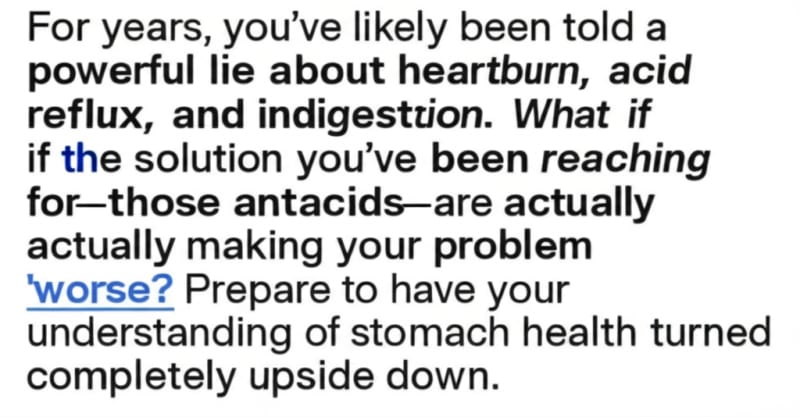Stop the Burn Your Acid Reflux Isnt What You Think
For years, you've likely been told a powerful lie about heartburn, acid reflux, and indigestion. What if the solution you've been reaching for—those antacids—are actually making your problem *worse*? Prepare to have your understanding of stomach health turned completely upside down.
Written by
pokelistic news



